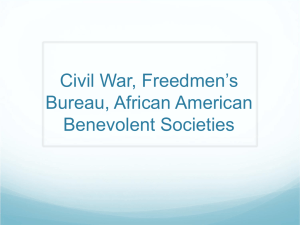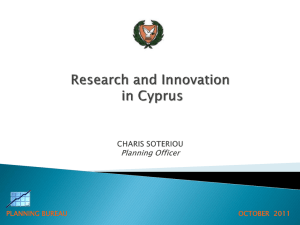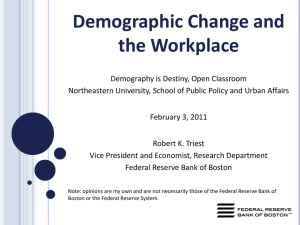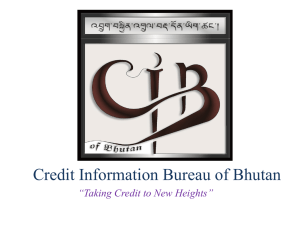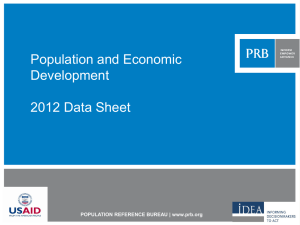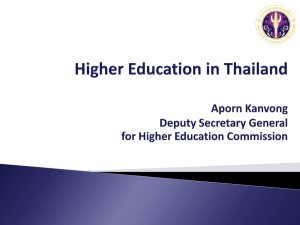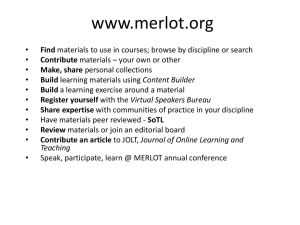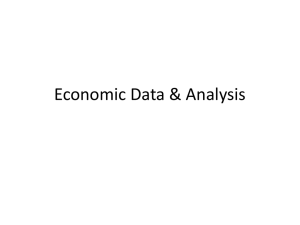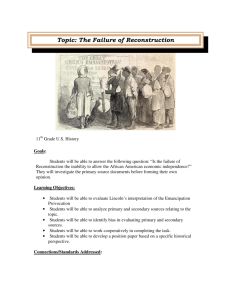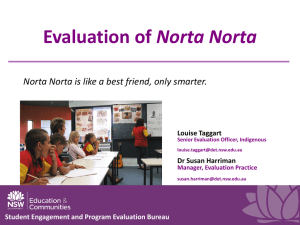The Freedmen*s Bureau
advertisement
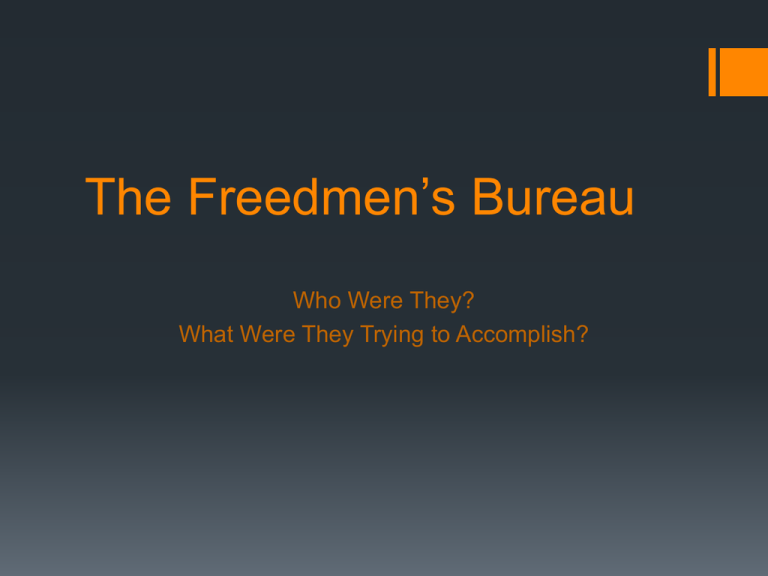
The Freedmen’s Bureau Who Were They? What Were They Trying to Accomplish? General Outline I. What was the Freedmen’s Bureau? II. Why was the Freedmen’s Bureau important? III. Who were the men who administered the Bureau? A. National level B. State level C. Local level (the men “in the trenches”) IV. Were Bureau agents conservative servants of the old planter class? Or well-intentioned men who hoped to see the old Confederacy abandon its old ways and join the modern world? President Andrew Johnson vetoes the Bureau bill The view of the Republicans in Congress The view of many white southerners The Bureau provided rations for the unemployed The Bureau as “honest broker” between former masters and slaves A Freedmen’s Bureau school An exterior view of a Bureau school An interior view The burning of a Freedmen’s Bureau school Everybody wanted something from the Bureau A marriage ceremony arranged by the Bureau Bureau regulations on marriage A Bureau marriage certificate The Bureau oversaw black voting for the first time in U.S. history The first vote in Virginia, 1867 Long lines at the polls Election day became a social occasion in New Orleans Where were Texas Bureau agents from? Geographic Origins Number Percent Outside CSA 160 86.5 Old CSA 25 13.5 Geographic Origins, Non-CSA Number Percent Free States 120 75 Union Slave States 12 7.5 Foreign 28 17.5 Bureau men = city folk Texans = country folk Occupation Percent of Bureau Agents Percent of Texans Professional (law, medicine, military) 64.8 17.2 Farming 17.1 70.4 Commerce and Industry 18.1 12.4 A study of the Freedmen’s Bureau in Texas: [Bureau] agents established some order where only chaos had existed, discouraged the resumption of hostilities against the Union, protected freed people against white violence, educated the freedmen, and helped establish them as self-reliant, individualistic Americans with the same legal rights as whites. They established the former slaves as something they had never been in the slaveholding South: citizens. A study of the Bureau in Virginia: The Freedmen’s Bureau in Virginia did not cater to the whims of the old master class. The actions of Bureau officers pointed toward change, not stasis, the future, not the past. [In searching for Virginians to take over public office from the old Confederacy], the Freedmen’s Bureau searched out those who promised the best hope for change in the Old Dominion, not those who were wedded to “the world before the flood.”
